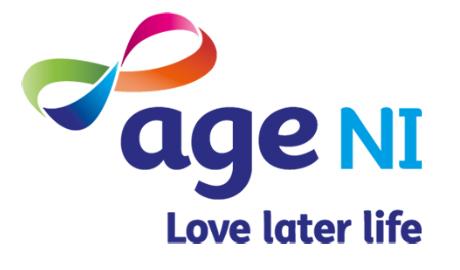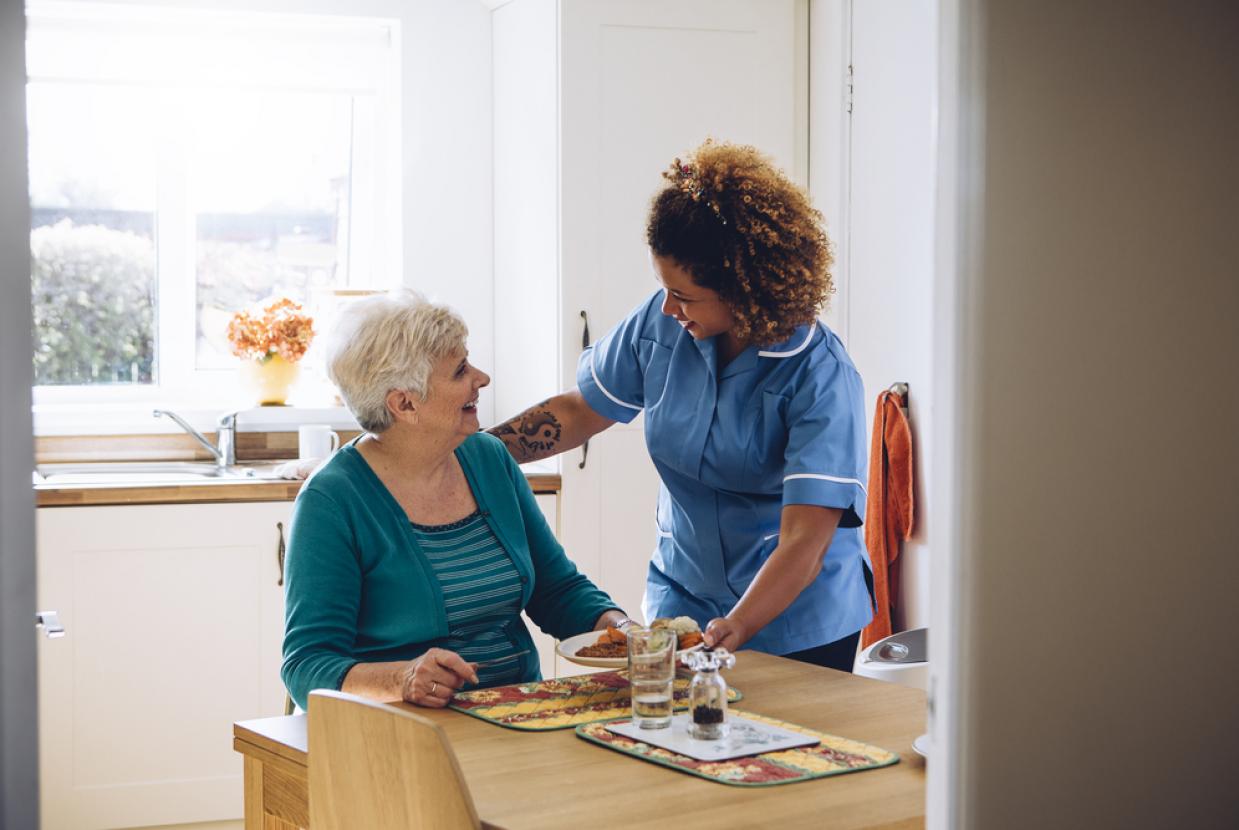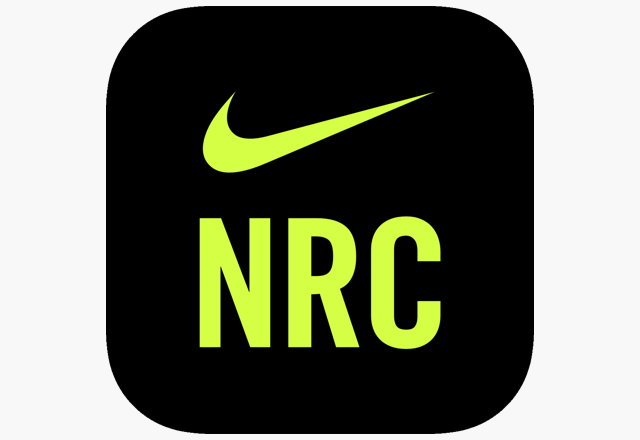Debt Advice
Anyone can get into debt, for a wide range of reasons, but try to remember that you’re not alone and it’s never too early or too late to seek help. Take the first steps to regain control and find your way back to a debt-free life.
When should I seek help for debt?
It could be time to get help with your debt if you are:
- regularly worrying about money
- struggling to pay your household bills or paying them with credit
- relying on your overdraft or credit card to get by
- missing credit card repayments
- hiding your spending habits from your family
- avoiding letters and calls from your creditors.
What should I do if someone I know is having problems with debt?
You may have noticed a family member or friend acting differently. These signs may indicate they are having problems with debt:
- hiding post
- being unusually secretive about money and finances
- getting phone calls from unknown callers
- struggling to make ends meet
- avoiding activities they used to enjoy
- asking to borrow money.
If you’ve noticed any of these signs or think someone you know may be having problems with debt, encourage them to seek help. But remember that they need to make the decision to get advice themselves. Giving them support and listening to them can make a big difference.
Who can I contact for free debt help and advice?
Some debt management companies charge fees for their advice. There’s no need to take on more debt when there is free help available. These registered charities have debt advisers who can give you free, confidential debt advice:
- Business Debtline - offers telephone advice to self-employed people.
- Citizens Advice - offers help via 28 main offices across Northern Ireland and from over 110 other outlets.
- Debt Action NI - aimed at helping those most financially vulnerable in Northern Ireland, run by Advice NI.
- Housing Rights Service - help people in NI who are worried about homelessness, finding somewhere suitable to live, paying for their homes, bad housing and disrepair.
- National Debtline - provides telephone and email advice. They can send you a free self-help information pack. Visit My Money Steps for a personalised action plan.
- Payplan - provides telephone advice and can help you set up a debt management plan.
- Shelter - provides advice around housing and homelessness, including managing debt, paying rent or mortgage arrears, and dealing with possible eviction or repossession.
- Stepchange - provides telephone advice and has an online Debt Remedy tool that can work out the extent of your debt and give a personal action plan
How can a debt adviser help me?
A debt adviser will help you come up with a budget and a plan to pay back your debts. They will advise you on how to contact your creditors to arrange repayments. Some advisers will negotiate with your creditors for you. Below are some things your debt adviser may discuss with you:
- your income and expenses so the adviser can help you complete a budget.
- your circumstances, such as whether you own your home, so they can understand your personal situation and discuss what options might suit you best.
- your debts and creditors so they can advise you on the options for dealing with them.
- all your options and identify what steps to take next.
It’s important to tell the debt adviser if any of the following applies to you:
- if any of the debts belonged to a spouse, partner or civil partner who has died
- if your debts come from signing an agreement or a loan that you didn’t properly understand
The following information is helpful for your debt adviser so try to have these on hand before you speak or see one:
- bank statements for the past 3 months
- how much you owe and to whom
- any letters or demands from your creditors
- how old your debts are.
What debts should I pay off first?
Be open with your debt adviser about all your debts so that he or she can help you to prioritise them, as not all debts are the same. Some debts, called ‘priority debts’, can lead to serious trouble if they aren’t paid. For example, if you don’t pay your mortgage, your home could be repossessed. Priority debts include:
- mortgage
- rent
- rates
- gas or electricity
- unpaid fines
Don’t panic if you’re behind on these bills. Seek advice as soon as possible so that you and your debt adviser can work out a plan of action to repay the money.
Can my energy be cut off if I can’t pay my gas or electricity bills?
If you don’t pay your gas or electricity bill within 28 days, your energy supply could be cut off. However, it can’t be cut off without notice and your gas or energy company must send you a warning letter. If everyone in your home is of pension age, they can’t cut off your energy supply between 1 October and 31 March.
If you’re having difficulty paying your gas or electricity bills, tell your supplier as soon as possible. You may be able to work out a payment plan or install a pre-payment meter.
What if I’m being pressured by creditors, bailiffs, or debt collectors?
You have rights when dealing with creditors, bailiffs and debt collectors. Talk to a debt adviser about what you can do.
Creditors can’t call you at unreasonable times, take payments without your permission, or add unreasonable charges. You can write a ‘holding letter’ to your creditors asking them to suspend any repayments and interest while you’re seeking advice.
Bailiffs can take non-essential possessions (for example, a television) and sell them to repay your debts. They can’t turn up without notice or force themselves into your home – they must give you 7 days’ notice of their first visit. Make sure you check a bailiff’s ID and get a receipt for everything they take.
Debt collectors can’t force entry, take anything from your home like a bailiff can, or demand cash payments from you. They can serve you notice of court or debt proceedings so that the creditor will know you are aware of the proceedings.



















































